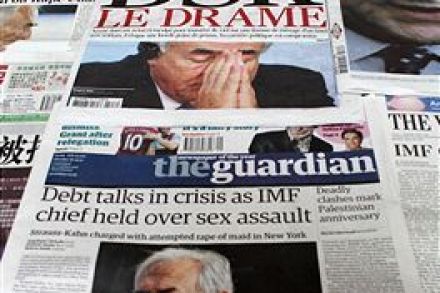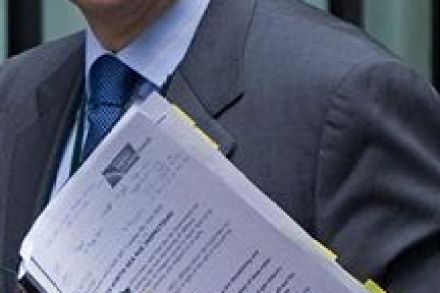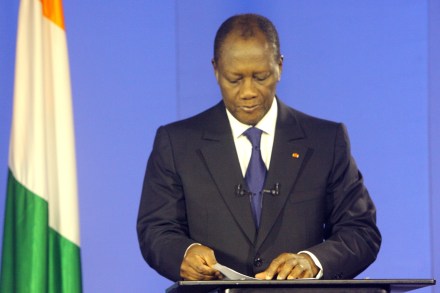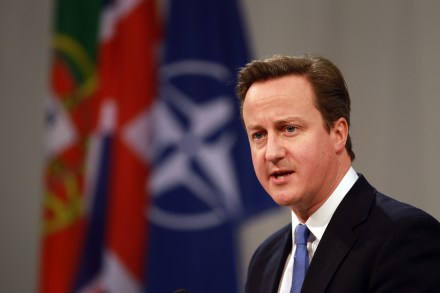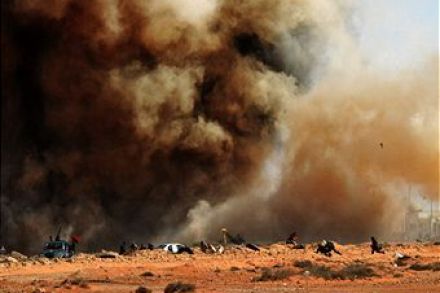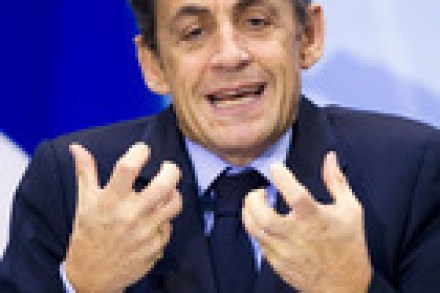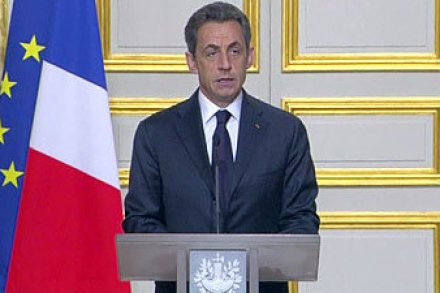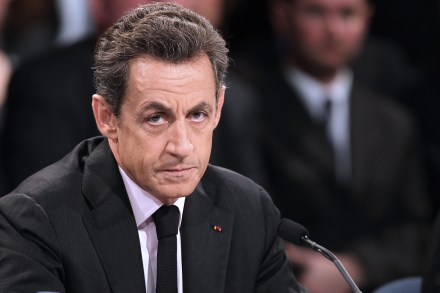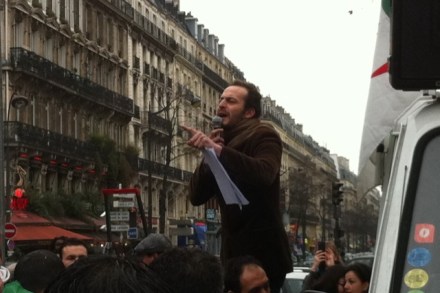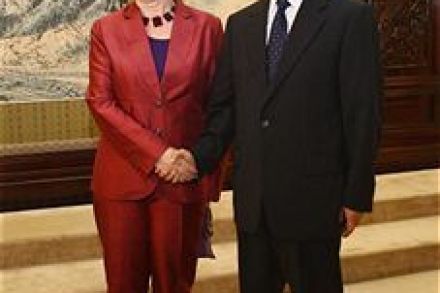Could a Briton run the IMF?
With Dominique Strauss-Kahn, known as DSK, undertaking scientific and forensic tests to determine if he sexually assaulted a hotel maid, the International Monetary Fund will be run by its No. 2 official, John Lipsky. A former banker, Lipsky was appointed “first” deputy managing director in 2006, and was expected to step down later in the year. But the change at the top will bring the former Permanent Secretary of the Department for International Development, Minouche Shafik, into the limelight. She recently left London to take up a post as deputy managing director at the IMF; she will now take Strauss-Kahn’s place at a meeting with Europe’s finance ministers in Brussels
